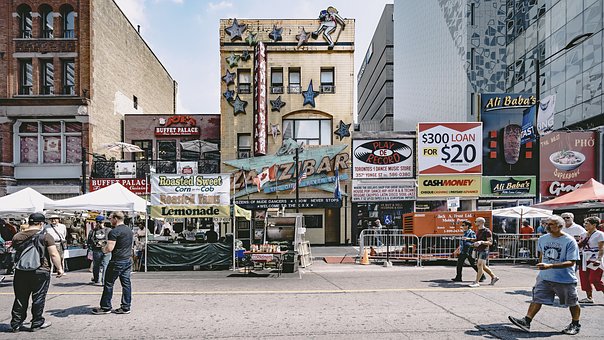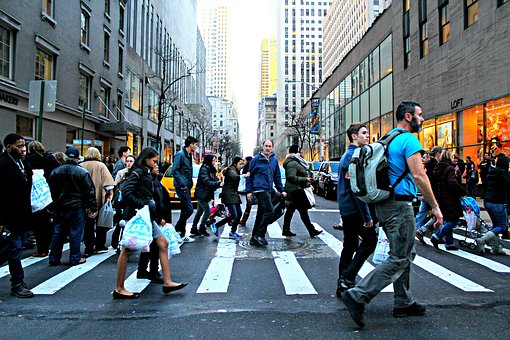There are several people who dread the concept of shopping because of the problems related to offline shopping. Offline shopping entails a number of disadvantages that makes it highly cumbersome as the name indicated. Browsing the cues and seeking for favorable parking slots are the worst areas of offline shopping. Thinking about hopping in one store to another becomes highly irritating and sometimes the offline stores will not have enough products in stock that makes options too limited.
Shopping online is free of such limitations and it is most preferred for the volume of convenience whose purports to the shoppers. Here you’ll get to stay from the comfort of your home and do as much research as you want around the items you’ll want to purchase. Moreover the job of searching can be executed with not much hassle for all that you should do would be to go through the mouse and visit as numerous online stores as you want.
Independent of the factor of convenience the quantity of benefits you could reap for internet shopping far outweigh this list of advantages that offline shopping offers. The fact a great number of are deciding on shopping on the web is suggestive of the fact that this kind of shopping is very advantageous. It might let you save greater than the amount you could have saved through offline shopping. For the reason that shopping on the web has the special benefit of discount shopping that makes it highly beneficial. If you do buy items at discounted rates through online shopping, why opt for offline shopping? There are a number of schemes while offering on online shopping that you simply cannot avail in offline shopping.




